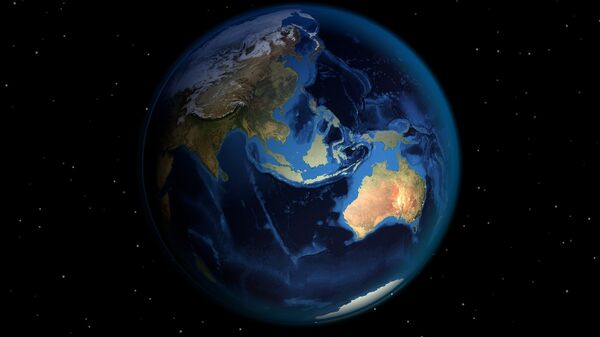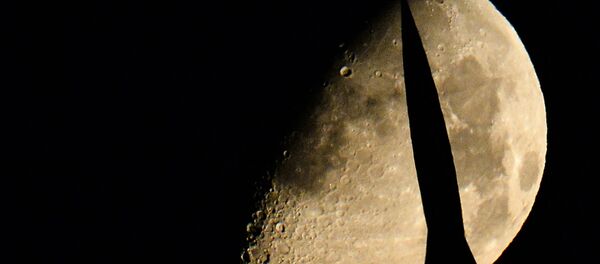Having been left behind in the race to space, the Australian government has now signaled it is to create its own space agency and attempt to capitalize on the growing sector with an announcement at the 68th International Astronautical Congress in Adelaide, South Australia, on Monday, September 25.
Today I'm pleased to announce on behalf of the Turnbull Government that Australia will have a space agency #IAC2017 🛰🚀 pic.twitter.com/2pd9HoVi8f
— Simon Birmingham (@Birmo) September 25, 2017
Turnbull Govt to establish national space agency to take advantage of the exciting opportunities of the new space race #iac2017 #auspol pic.twitter.com/hZ4ucptrXK
— Michaelia Cash (@SenatorCash) September 24, 2017
Acting Minister of Industry, Innovation and Science, Michaelia Cash, said the sector was growing fast globally, and it was essential that Australia needed to be part of it. It estimates the global space industry is worth about US$330 billion.
"A national space agency will ensure we have a strategic long-term plan that supports the development and application of space technologies and grows our domestic space industry. The agency will be the anchor for our domestic coordination and the front door for our international engagement," Ms. Cash said.
Australia will blast off into the space race with creation of a national agency — more details to come at #IAC2017 — https://t.co/wD0Nzwf2Xx pic.twitter.com/6tM1YCV27h
— sciencegovau (@ScienceGovAu) September 24, 2017
Feedback from a review into the industry had overwhelmingly showed the need for a national space agency.
Reliance on the US
Astrophysicist Professor Alan Duffy said he hoped the announcement would be a boon for the number of Australian jobs in space, although no figure has been given at this stage as to how many it will eventually employ.
"We have longstanding ties with NASA, exploring space together and generating all of these jobs. And that's the key point of both the government's and Labor's plans, it is a jobs industry-first agency," Professor Duffy said.
"It's designed to create satellites and new uses for the images that come from those satellites, and I don't mean giant, bus-sized satellites of the '60s and '70s.
"Thanks to smart phones something the size of a toaster has the same capabilities as some of these historic launches. So we get to space cheaper and we can do more when we're there."
Until now, Australia has been largely reliant on overseas nations like the United States for its satellite and earth observation data.
At present Australia and Iceland are the only Organization for Economic Cooperation and Development nations without a space agency, according to the Space Industry Association of Australia.



